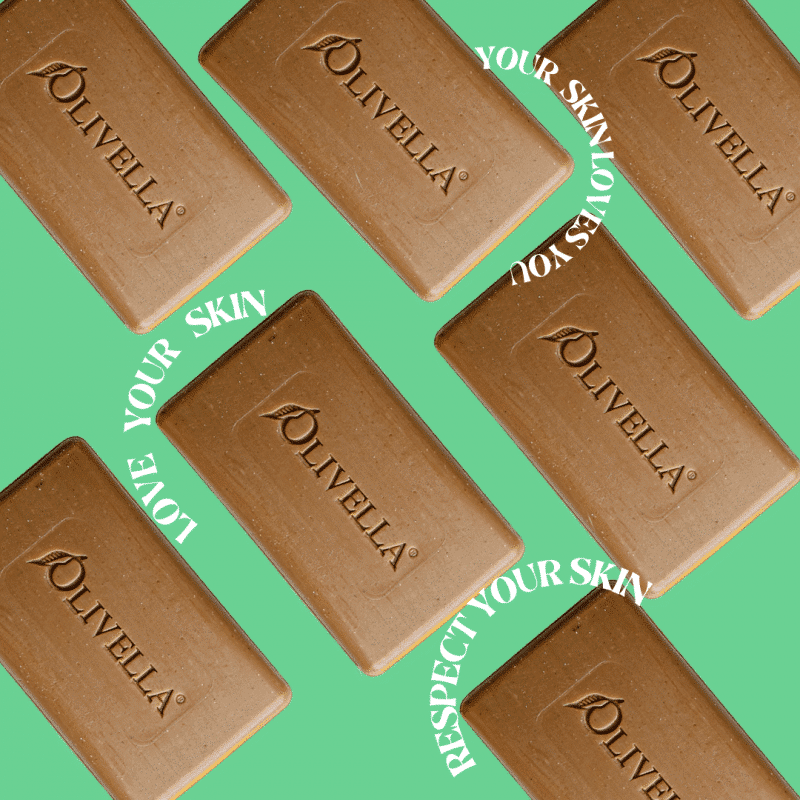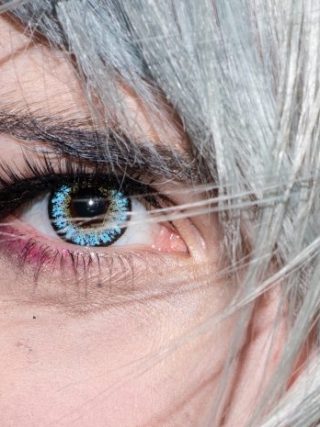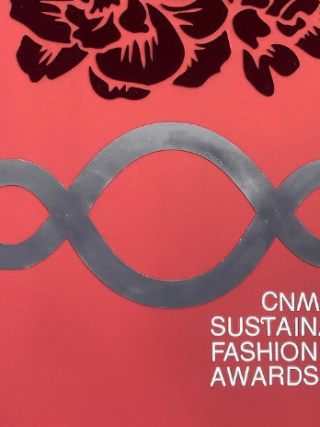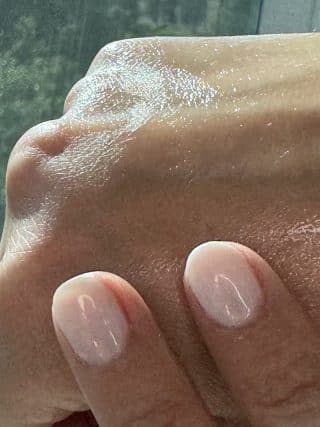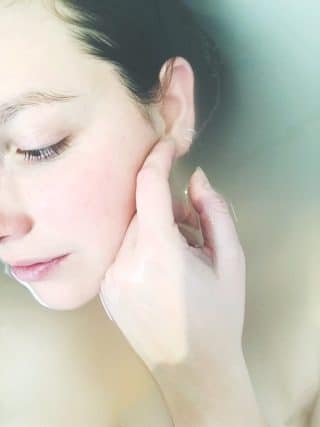There are so many products out there that claim to have anti-aging properties, and people can’t help being curious about every new life-changing ingredient claiming to be better than the last. In fact, the global anti-aging market was estimated to be worth around $58.5 billion in 2020, which goes to show just how much people are willing to spend to keep themselves looking youthful. But are your products actually doing their job?
Here, we’ve put together a list of 5 essential skincare ingredients that should be on your product’s list of ingredients.
1. SPF
It’s a proven fact that sun exposure is one of the primary causes of so many signs of skin damage and aging, such as age or sun spots, wrinkles, and pigmentation. Researchers found that both UVB and UVA rays induce photoaging, which is the premature aging of the skin that can even lead to skin cancer.
To prevent photoaging, you need daily sun protection. According to the American Dermatology Association, broad-spectrum sunscreen is best for this, as it protects your skin from UVA and UVB rays. You also need to look at its sun protection factor (SPF). Opt for a product that is SPF 30 or higher and apply it daily before heading outside, regardless of the season.

2. Collagen
The collagen craze in recent years led to brands integrating this ingredient into various products, such as pills, face masks, and even beauty drinks. Collagen is one of the most important proteins in your skin that keeps it plump and firm — in other words, it prevents sagginess. Collagen production slows down naturally with age, and that’s what makes it such a hit ingredient among anti-aging products. However, it isn’t an active ingredient, and it’s actually quite a large molecule, making it challenging to penetrate deeply into the skin—which leads us to our next ingredient.
3. Peptides
Peptides, or polypeptides, are naturally occurring in our skin. Lots of anti-aging skincare products contain them because they help boost collagen production. Your skin barrier will be strengthened, which means less wrinkles, more elasticity, and youthful skin. Peptides can come in many forms, so you can easily incorporate them into your routine via a serum or moisturizer. Peptides also work well when paired with vitamin C or niacinamide, antioxidants, and hyaluronic acids. Ideally, you want to see peptides listed close to the top of the ingredient list, so you know that there’s a sufficient amount in the product.
4. Retinol
Part of the larger group known as retinoids, retinol is one of the most effective active ingredients for anti-aging. It increases cell turnover rate. This simply means it speeds up the exfoliation process of your skin getting rid of dead cells and revealing the fresh skin underneath. Researchers also say that like peptides, retinol can also help increase collagen production. The only downside to retinol is that you would have to be careful about incorporating it into your routine, because it can cause irritation and skin purging at first, especially for younger users. Work it in gradually, applying every other day, and starting out with a lower retinol percentage.
5. Olive Oil
This might sound like the most unconventional ingredient in this list — however, using virgin olive oil on your face and body as a moisturizer has many benefits. Due to its high content in polyphenols, it’s very effective against aging and can help prevent premature aging cells. It also works as an antioxidant and protects your skin from environmental damages coming from pollutants and sun rays. Olive oil has come a long way and is now being incorporated across many skincare products, such as anti-wrinkle creams and hyaluronic face serums.
It’s time you looked into your skincare products and chose ingredients that will help your skin age healthily and beautifully.

